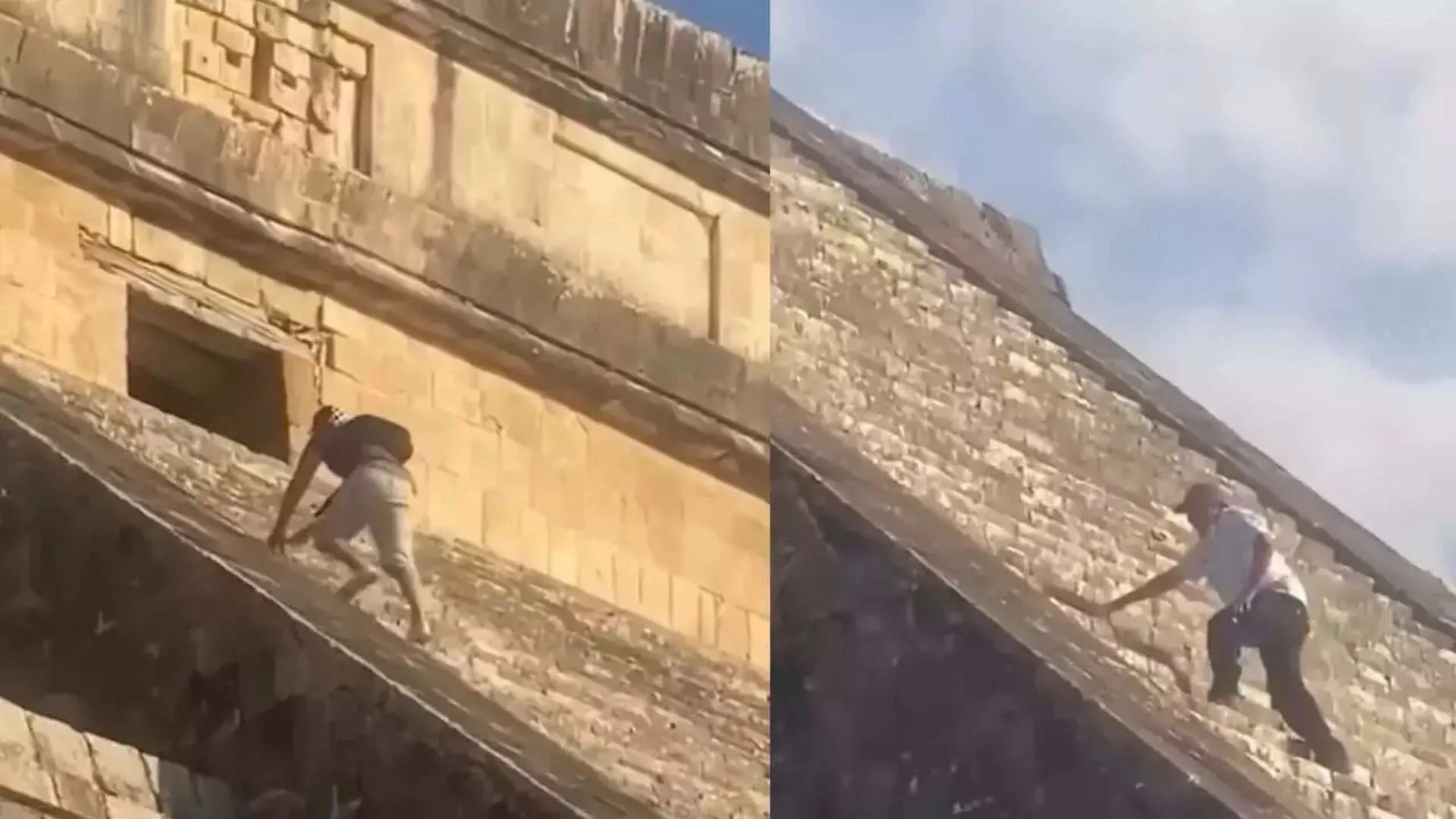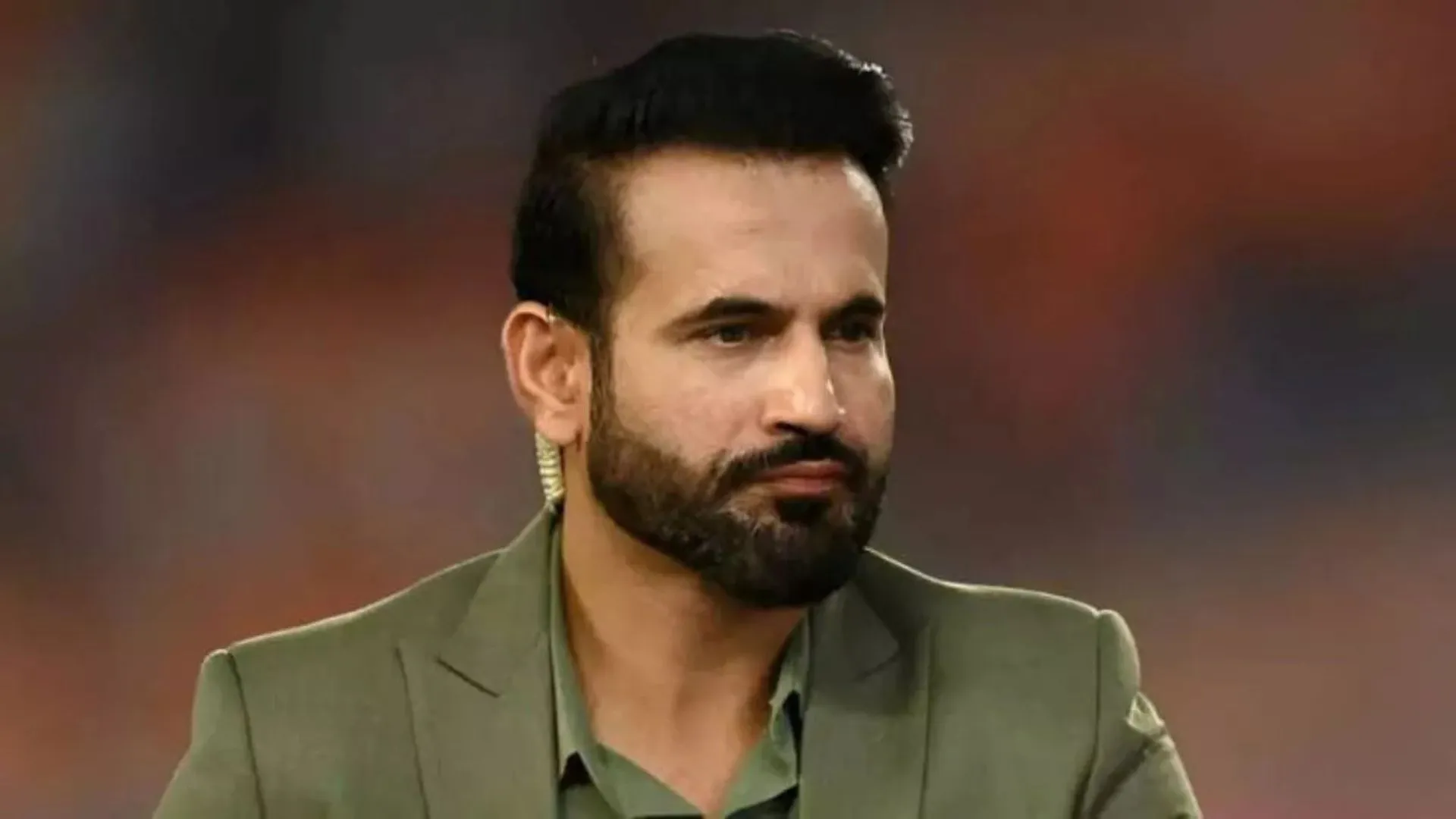Learning means to commit to memory, by study and experience. In whichever way a teacher appears in our lives, whatever we learn, the lessons are committed to memory. Once learnt, the inner teacher is then capable of retrieving the lesson at the appropriate moment at a time of need. If we are living well, have good relationships, have a good home and our needs are being met, then we have learnt life’s lessons well. We have made good decisions and choices, based on what our inner teacher has taught us.
The inner teacher is our mind. It takes all the experiences of our lives with the lessons learnt, all the feelings and observations, and sends us a message. We can listen or ignore it.
We need to be able to articulate our needs. If we are in trouble, we need to ask for what we need. Whatever we see that needs to be done, we should get it done as soon as we can. If we find ourselves in a situation that is unbearable and the last straw comes, we need to find a solution, an alternative. When one door closes, we have to open all the others we can see and discern the right one to go through. This is all done based on the lessons we have learnt. If instead, we keep saying, “why me?” – this is not helpful. However, if we say, “it is what it is, and I will find a solution” then we feel stronger and the mind then becomes busy finding solutions.
So how does it work? The mind has a thought, the intellect decides what to do about it, and if this is action or response is repeated, it becomes a habit. If the thought process is productive and a helpful habit develops, the mind then becomes clear and is at peace, and there is success. However, If the old way of doing things and old ways of thinking are not working, then I need to explore my options and do something different. It is I who has to change. If life is not good, we need to look at why. Ask ourselves if we are seeing all our opportunities.
We also need to find peaceful ways to resolve situations. The lesson of karma says whatever I give out will come back to me. However, whatever is happening to us is actually of benefit to us, if we use wisdom. We need to develop love and respect for ourselves so that we feel we are worth making the right decisions for. Self-actualisation means to be all that I can be. So, we need to ask if we are living to our full potential. To have a fully experienced life, we need to give time to understand the spiritual dimension. With the awareness that we are spiritual beings occupying the body, we are able to form a relationship with the Supreme Being and take power from that Being, to enable us to steer our lives in the right direction.
It is through the mind that we make the connection, and this is meditation. Meditation has been proved to increase the capacity of the brain to learn, to improve memory, be slower to become angry, calm down faster, decrease stress, make better decisions. To take care of the mind, we must fill it with creative and positive thoughts. If we meditate, we have more compassion, we are less stressed, reduce the incidences of depression and anxiety, improve our concentration and provide a sense of well-being. It is in meditation that we are able to hear the voice of the inner teacher, with great clarity.
Lygia Monteiro is a Brahma
Kumaris Raja Yoga teacher, based in London.
















